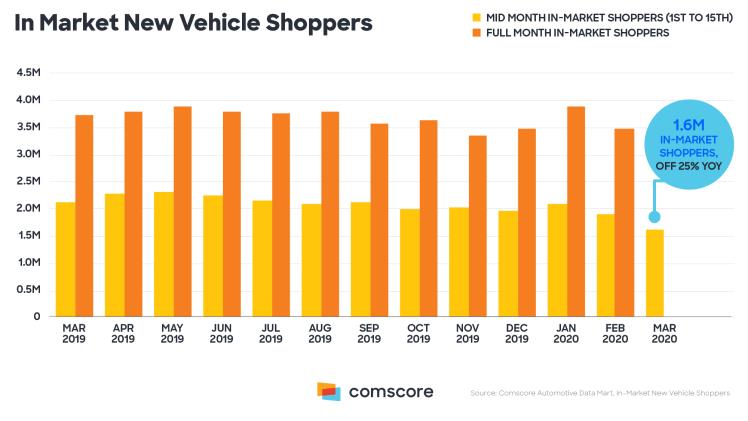COVID-19’s Impact on the Automotive Industry and Consumer Behavior

COVID-19 is an incredibly infectious virus that can lead to severe illnesses like pneumonia and other life-threatening complications. It affects the eyes, nose, throat, lungs, and blood cells when infected individuals or objects come into contact with it – such as contaminated water or foods. Contact with infected people or objects is the main way it spreads – through direct contact or through infected water and foods.
Many countries have implemented lockdowns or other measures to contain the disease, yet a multitude of industries remain affected by disruption. Notably, the automotive sector will continue to face numerous challenges as the COVID-19 pandemic plays out.
The automotive sector is a major contributor to global economic growth, but with COVID-19 disrupting business operations and consumer behavior, key players in this industry must reevaluate their strategy and adapt for long-term viability. Here is an overview of some ways in which COVID-19 has affected both industries and consumer behavior:
Social Distancing
COVID-19 has created an unprecedented level of social distancing among consumers, particularly in cities where it is most active. As a result, many are avoiding public places and shopping online instead. Businesses reliant on retail or hospitality sales will likely experience lower profits in the foreseeable future and may need to reevaluate their strategies in light of this shift in consumer behavior.
Ridesharing
The COVID-19 pandemic has had a devastating effect on ridesharing services such as Uber and Lyft, particularly. Companies have experienced significant decreases in their ride demand and revenue due to this crisis – leading to decreased overall demand for shared rides which will have long-lasting repercussions for the entire industry.
Electrification
Automakers were faced with financial constraints during the COVID-19 outbreak, forcing them to prioritize capital projects. As a result, funds and resources were diverted into electrification – pushing autonomous vehicles, ridesharing programs, and other technological advancements back several years while EVs took center stage on their priority list.
Change in Affordability
Due to the pandemic, prices of goods have gone up, making it harder for people to afford many essential items. This has caused an increase in demand for more affordable products – evidenced by both an increase in products sold at discounted prices and new ones created to meet this need.
Lifestyle Alterations
The pandemic has caused a shift in consumer behavior towards health and wellness. As such, many are turning to healthier alternatives for their favorite foods and drinks, as well as looking for natural and organic alternatives to everyday items.
Adaptation in Consumers’ Buying Behaviour
This study seeks to understand how the COVID-19 pandemic has affected consumers’ buying behaviors by studying their socio-economic backgrounds and factors affecting them. A questionnaire survey was administered to 425 respondents, and results were then analysed using structural equation modeling. Results revealed that adaptation was caused by: